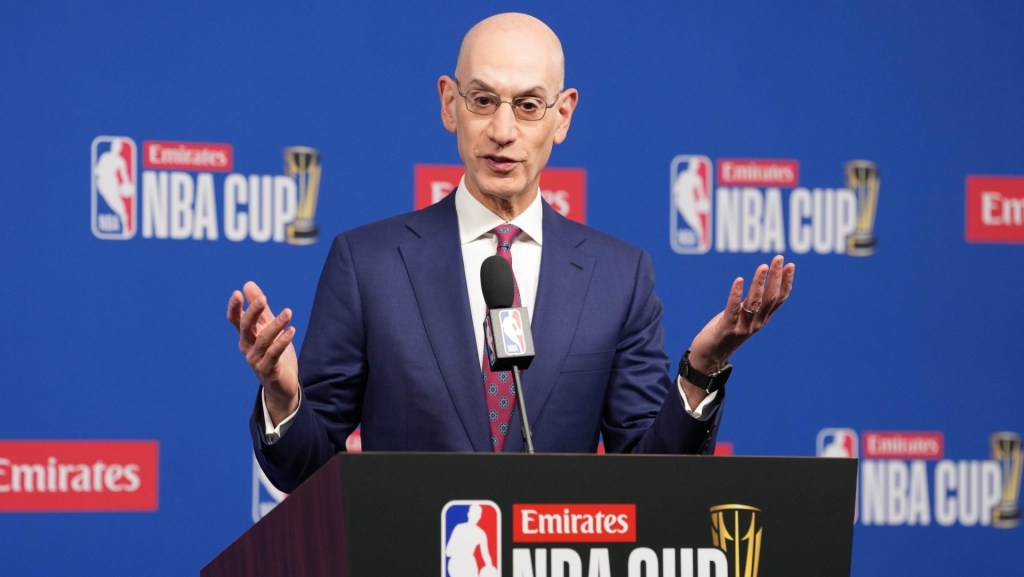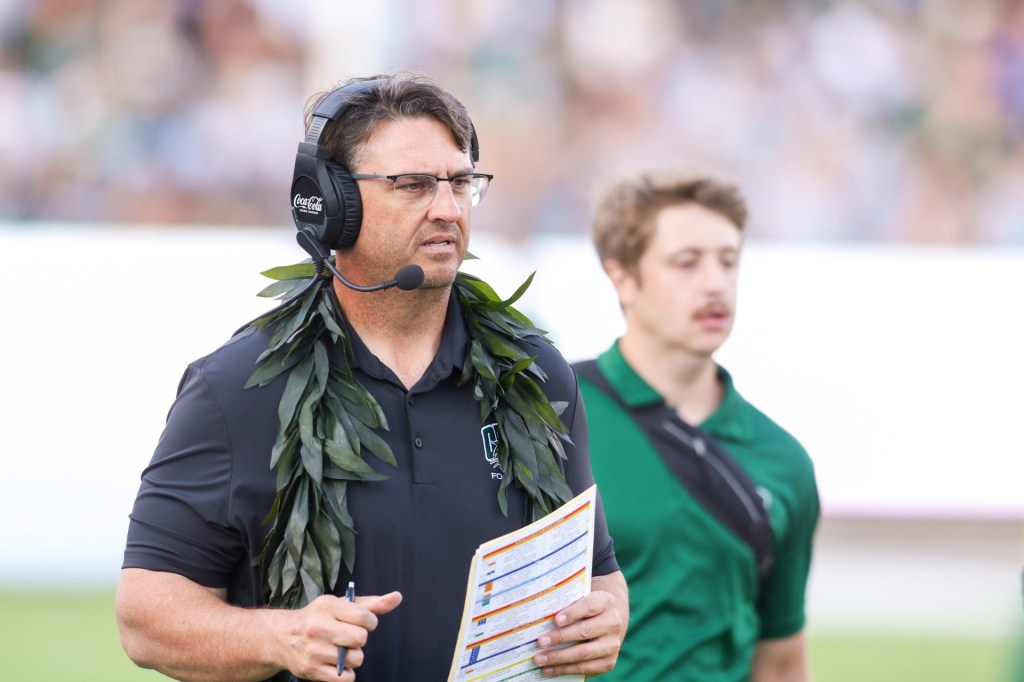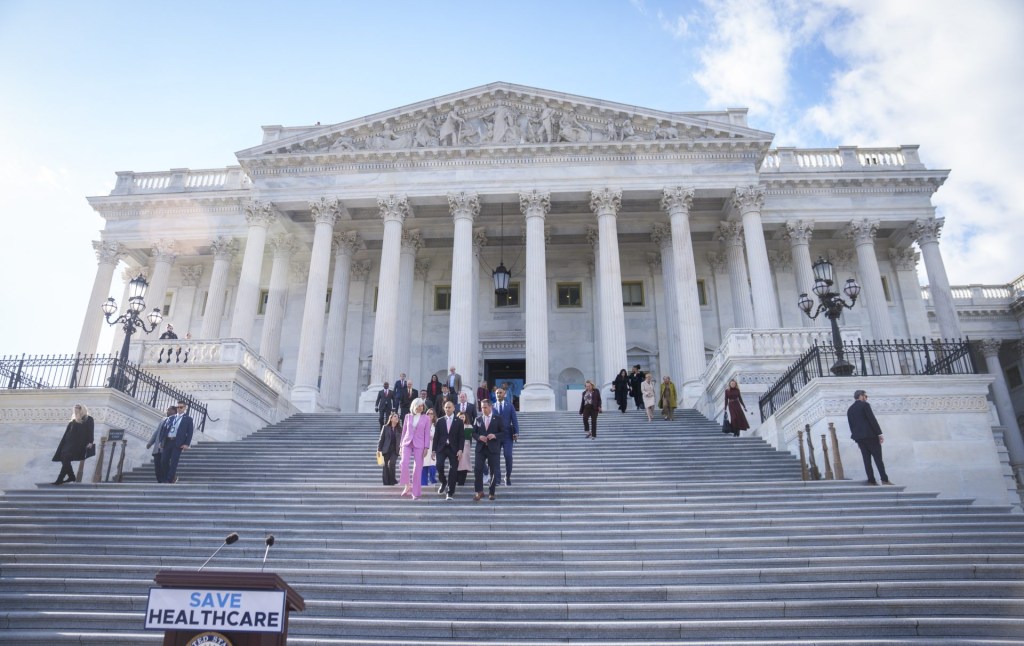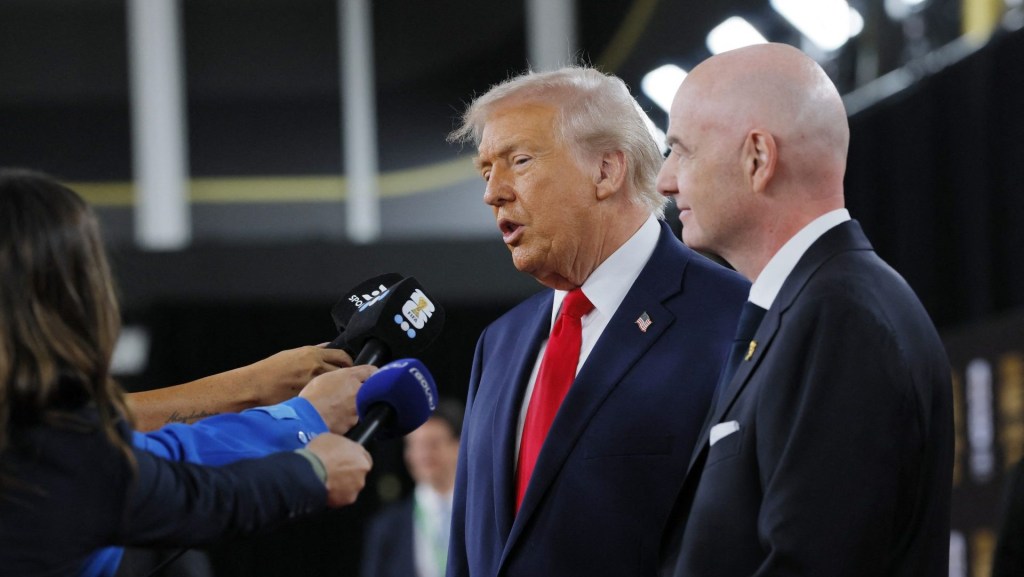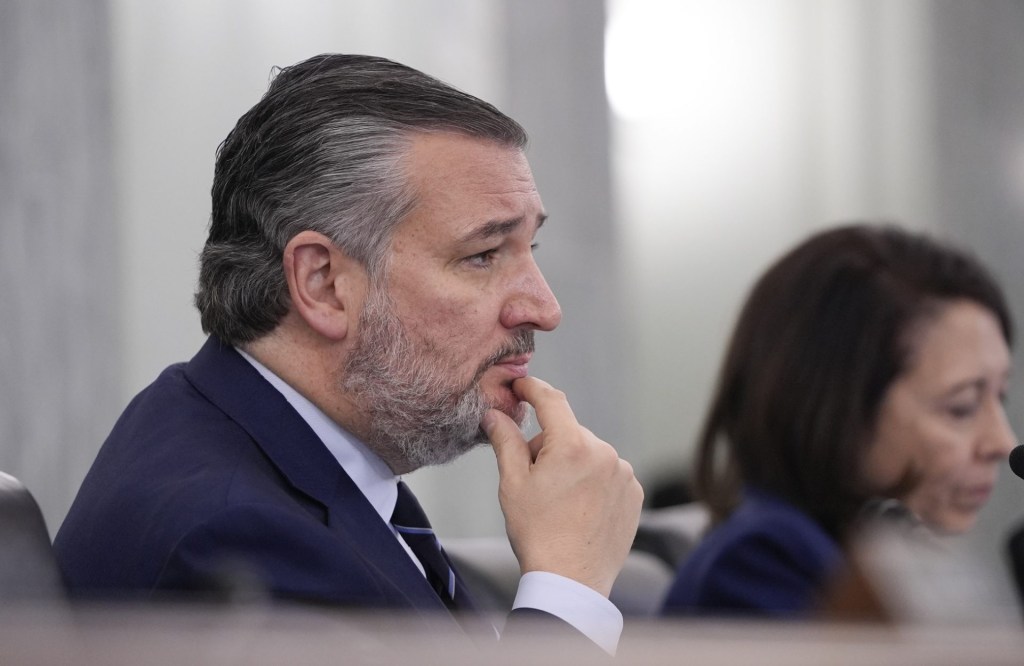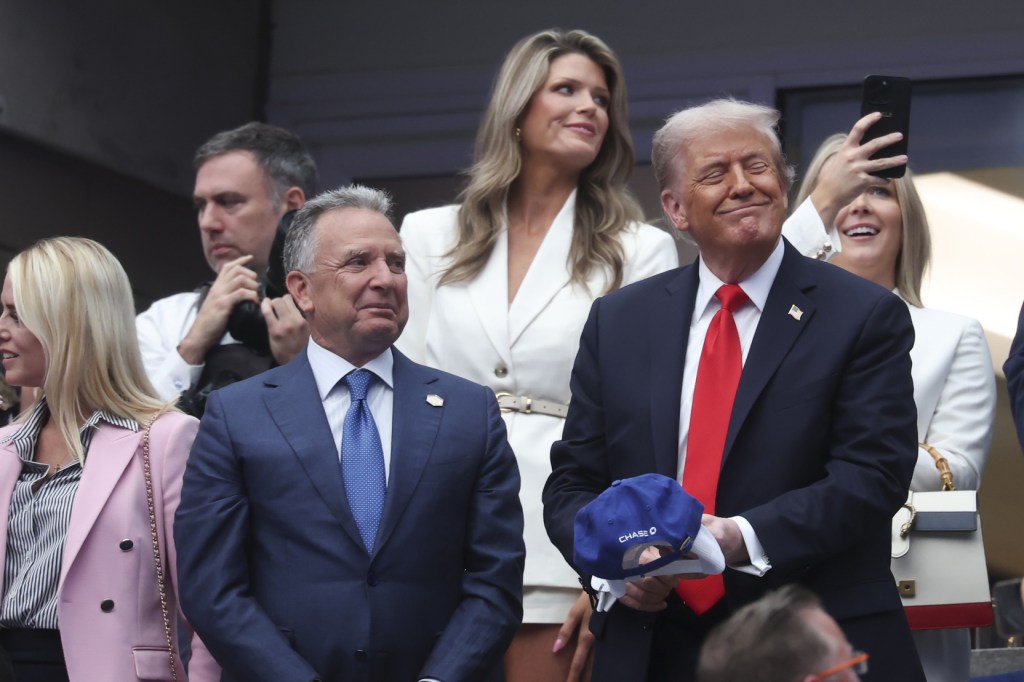For more than 50 years, schools have been required to provide equal opportunities to women’s sports athletes thanks to a law called Title IX. Enacted in 1972, it prohibits any school (including universities) receiving federal funding from engaging in discrimination on the basis of sex. It requires educational opportunities to be equitable across genders, and has been interpreted to adjudicate sexual misconduct claims in an academic setting.
Title IX isn’t foolproof, but it’s had a major impact on the sports world. It’s given hundreds of thousands of athletes opportunities and created a robust women’s sports pipeline serving as the bedrock for professional women’s sports leagues, as well as Team USA
But under President-elect Donald Trump, that could change.
Trump wants to eliminate the Department of Education, which enforces Title IX. His policies could weaken the federal government’s ability to ensure equal opportunities and resources for sports participation, slowing the progress of women’s sports, experts tell Front Office Sports.
Trump has also said he wants to ban transgender athletes from playing women’s sports. Reinterpreting or even rewriting Title IX could be a way for his administration to achieve this goal.
The Department of Education oversees Title IX monitoring and enforcement, and its internal Office for Civil Rights (OCR) investigates alleged violations. But it’s not a perfect system—a 2022 USA Today investigation found 87% of FBS athletic departments were not compliant with Title IX.
Enforcement of the statute is “piecemeal,” Purdue professor and Title IX expert Cheryl Cooky tells FOS. Title IX requires athletes or coaches to take it upon themselves to file complaints that the OCR may or may not have the resources to investigate. So violations—ranging from inequitable opportunities within an athletic department to sexual assault involving a campus employee—often go unreported. And if they are reported, the OCR may or may not have the time or resources to investigate.
The interpretation and enforcement of Title IX is subject to change with each administration. Every president appoints a new Secretary of Education, who can direct the OCR to prioritize certain claims and enact interpretations of the rule. If a president doesn’t want their administration’s DOE to focus on Title IX, it’s easy to slow—or even halt—enforcement. Under Secretary of Education Betsy DeVos, Trump’s 2016 appointee, the DOE did not monitor or enforce Title IX as stringently as it has in the past, experts said.
In his second term, Trump plans to close the Department of Education altogether. In that scenario, the OCR could move to the Department of Justice (as the conservative policy playbook Project 2025 suggests). Title IX violations could be adjudicated only through litigation. It’s unclear how the OCR would handle monitoring, like Title IX compliance data collection, in this scenario.
The move could severely hinder any Title IX enforcement, Ithaca College sports media professor Ellen Staurowsky tells FOS. “To me, that’s just a shell game,” Staurowsky says. “They effectively are saying, ‘Symbolically, we’re going to make a move—but we have no intention of really supporting what the intention of OCR was.’”
Without the threat of enforcement, athletic departments are less incentivized to abide by equity rules, meaning women’s athletes could lose opportunities, teams, or resources. That’s especially problematic at a time when big-time athletic departments are looking for extra cash to fund revenue-sharing with athletes, and have already threatened to cut sports as a result.
Trump has made “keeping men out of women’s sports” one of the top 20 priorities of his “Agenda 47” platform. His campaign reportedly spent more than $17 million on anti-trans political ads in the weeks leading up to the election. There are a few mechanisms for him to do so.
During a Fox News town hall in October, Trump pledged to ban transgender athletes from playing women’s sports through executive action.
In April, the Biden Administration published an interpretation of Title IX saying it applied to all gender identities, which would include transgender people. Trump says his administration would immediately reverse it, saying sex discrimination applies only to a person’s sex assigned at birth. (Biden’s interpretation has been challenged in multiple states.)
Federal lawmakers, like Rep. Greg Steube (R., Fla.), have tried to codify Trump’s interpretation, which would change the language of Title IX altogether. With a Republican-led House and Senate, they could try to do so again.
These moves could strip general discrimination protections from transgender or nonbinary students, Staurowsky says.
Experts tell FOS that the campaign rhetoric, as well as media attention, may be taking airtime away from bigger threats to women’s sports. High-profile cases such as that of former University of Pennsylvania swimmer Lia Thomas and a current San Jose State volleyball player have become the center of attention, though transgender athlete participation in college sports is rare.
“This has been an argument that trans-inclusive women’s sports advocates have been making,” Cooky says. “1) Trans women are women, but 2) trans women are not a threat to women’s sports. And 3) the real threats to women’s sports are things like the lack of compliance with Title IX, disparities in resources, opportunities, the higher dropout rates among adolescent girls than boys, lack of media coverage. … These are the issues that we should be concerned about.”
But Trump has made a transgender athlete participation ban a priority. “You just don’t let it happen,” he said. “Not a big deal.”


